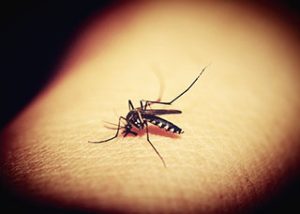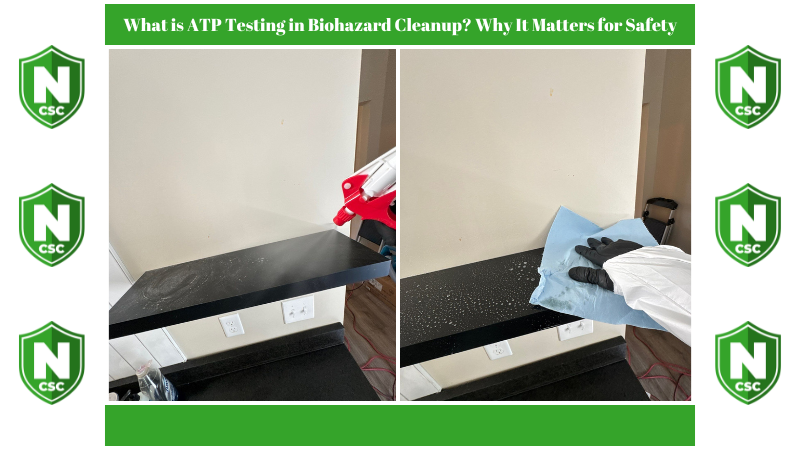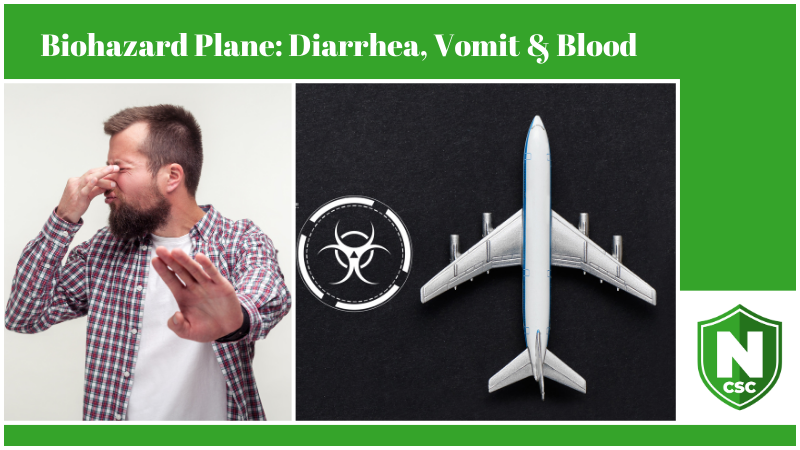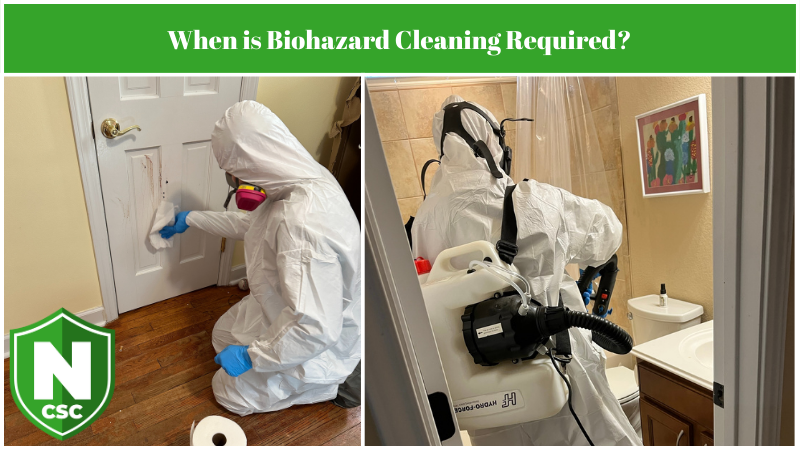Common Bloodborne Diseases in the Workplace

If you work in any public place or job site, you should be aware of bloodborne diseases in the workplace. They are serious health risks for both employees and employers. Health risks include transmission of deadly fatal diseases or viruses through contact with contaminated blood or other bodily fluids, and can be fatal if left untreated.
Employers must be aware of potential liabilities and employees should be aware of the risks associated with handling contaminated or potentially blood or bodily fluids. OSHA requires that employees have proper safety training and are offered vaccinations when they’re exposed.
It’s important that there are specific lines of communication and procedures in place in case of an emergency. A biohazard spill should be handled no differently. All crew members must be aware of how to properly handle and clean up hazardous material, including the plan or protocol in place in case of an emergency.
Preventing and responding to these incidents properly plays a crucial part in reducing the risk of harmful diseases to both staff and the general public.
Three of the major bloodborne pathogens OSHA and the CDC discuss in detail include:
- Human immunodeficiency virus (HIV)
- Hepatitis B virus (HBV)
- Hepatitis C virus (HCV)
- Malaria
Human immunodeficiency virus (HIV)
Human immunodeficiency virus (HIV) is considered one of the world’s deadliest viruses for its consideration as the precursor to acquired immunodeficiency syndrome (AIDS). HIV starts by attacking and compromising the immune system, destroying important cells that fight off illness one by one. This effectively leaves the body vulnerable to further infections and illness.
HIV is spread primarily through bodily fluids such as blood, semen, vaginal fluid, and breast milk. It can also be passed from mother to baby during pregnancy, birth, and breastfeeding. There is no cure for HIV, but treatments are available to help people with the virus live long, healthy lives.
Hepatitis Virus
Another potentially fatal transmissible disease that puts the workplace at risk is Hepatitis. At 2.3 billion infected with one or more hepatitis viruses, it sits as one of the most commonly transmitted bloodborne diseases in the world.
Hepatitis B is an enveloped virus that causes inflammation, infection, and damage to the liver. Blood, semen, and saliva can carry and spread the virus, and you cannot see when such bodily fluids are carrying the virus by the naked eye. When a biohazard spill occurs, contaminated fluids, tissues, and other potentially infectious materials (OPIM) can spread Hepatitis or other harmful infectious diseases.
Different strains of Hepatitis can cause different symptoms. In general, Hepatitis causes significant liver damage and can be passed down to children of pregnant mothers. Ensuring that you get tested and receive the appropriate vaccination helps reduce the risk of transmitting the virus. However, if you are currently facing a biohazard spill, it’s worthwhile to consider the serious potential risks involved in cleaning up a biohazard without the proper training.

Malaria is a common disease carried by mosquitos.
Malaria
Fatal complications as a result of malaria often occur from parasites transmitted via the bite of an infected mosquito. An infected mosquito will bite an uninfected human, thus spreading the infection and causing them to fall ill with malaria. Malaria can cause severe symptoms ranging from fever, chills and flu symptoms. Malaria can cause organ damage and 12% can have died from Malaria between 2019 and 2020 due to improper treatment.
Treating Biohazards in the Workplace
A biohazard can refer to any type of material or spill that affects the safety of the workplace or public health. This can refer to a bloodborne pathogen or other worker hazard that can be potentially harmful to humans. This should only be addressed by professionals that are trained and certified to handle such hazards.
Nationwide National Crime Scene Cleanup (NCSC) crews have been cleaning up after biohazards for over 20 years. Fully equipped with all EPA-registered disinfectants and licensing to take care of workplace accidents as well as commercial forensic scenes, NCSC does it all.




